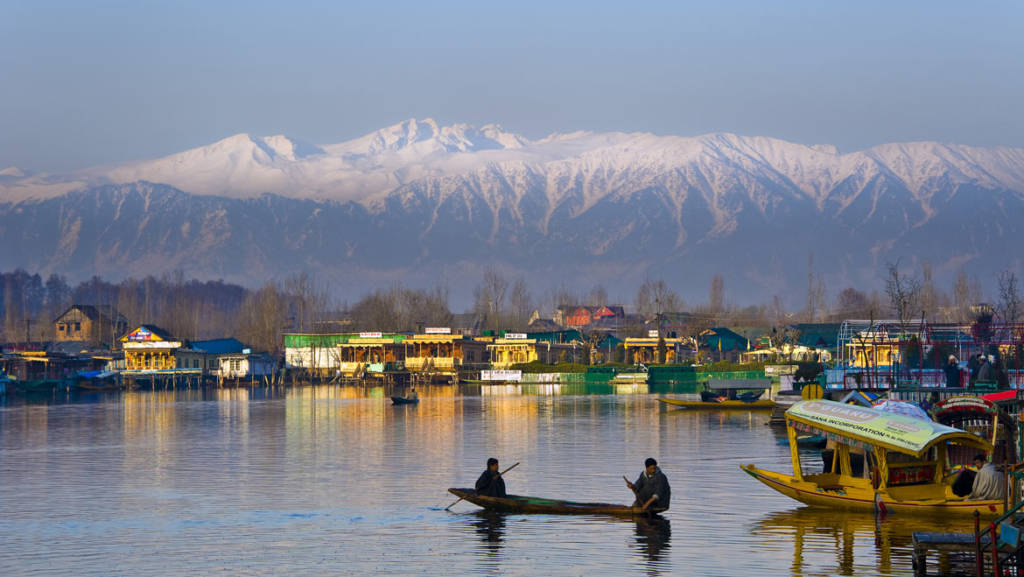Since the abrogation of Article 370, the investors have lined up to pour money into the valley. Not just the companies, but the governments too want to take ‘first movers advantage’. Maharashtra government has announced that it will open two Tourism resorts in Jammu & Kashmir and Ladakh, the government has allocated a token amount of 1 crore rupees for each newly formed Union Territory. “We have earmarked a token amount of Rs 2 Cr, Rs 1 Cr each – to buy the land,” said Maharashtra Tourism Minister Jaykumar Rawal.
The abolition of Article 370 enabled the people, government and companies from the rest of India to purchase land in Jammu & Kashmir. The resorts of Maharashtra government will be operated by Maharashtra Tourism Development Corporation (MTDC), the location of the resort in Ladakh is Leh city while that of Kashmir valley will be decided within next 15 days.
“We had a board meeting on August 28 in which the subject of buying land in Jammu and Kashmir and Ladakh was taken up. It was decided in the meeting that we should buy two parcels of land – one in Ladakh near Leh, where we would have a resort-cum-mountaineering institute, and the other in Jammu and Kashmir, the location for which is not yet decided, but would preferably be near the airport and the railway station,” said Rawal.
After the announcement of Maharashtra, the neighbouring state of Karnataka joined the bandwagon and announced the expansion of tourism facilities in Jammu & Kashmir. “While we are focused on improving Tourism Industry in Karnataka, we are also contemplating about making an entry into Jammu & Kashmir Tourism. Karnataka’s Art, Architecture, Culture & Traditions can be showcased in India’s Crown, resulting in a win-win situation for both States,” tweeted Karnataka tourism minister C T Ravi.
Maharashtra and Karnataka are among the richest states in the country. Every year, thousands of tourists from these states visit Jammu & Kashmir. The tourism department of these states looks forward to capitalizing on the opportunity to open enterprises in Union territory of Jammu & Kashmir, and Ladakh to make profits.
The tourist from Maharashtra and Karnataka will probably prefer the respective government resorts instead of private ones, and the tourism department from these states could encash the opportunity.
The abolition of Article 370 will give enormous opportunities for economic growth in the state. Jammu and Kashmir has the potential for economic growth but due to lack of industries in the state and corrupt politics, the people of the state were deprived of opportunities.
Post the abolition of Article 370, the central government has asked the industry leaders to spur the investment in the state. The central government has decided to fast track the Srinagar metro project by recruiting 1,300 engineers. The 5,108 crore rupees metro project will have two corridors- Indira Nagar to HMT Junction and Hazuribagh to Osmanabad through Srinagar.
Another big project announced in the state is the Steelbird Helmet manufacturing unit. The company will set up a manufacturing outlet before the Investment Summit which is announced to be held in the month of October.
Amul, the popular dairy products cooperative has expressed interest in investment in the region. Lemon Tree, major players in the hospitality industry has proposed two new hotels in Gulmarg and Sonmarg with 35-40 beds capacity. The company already has hotels in Katra, Jammu, and Kashmir.
As Article 370 is abolished and private investment in the state increases, the state would not need to be dependent on the central government. It could generate tax revenue through its own resources as the industrial and corporate activity in the state increases.
